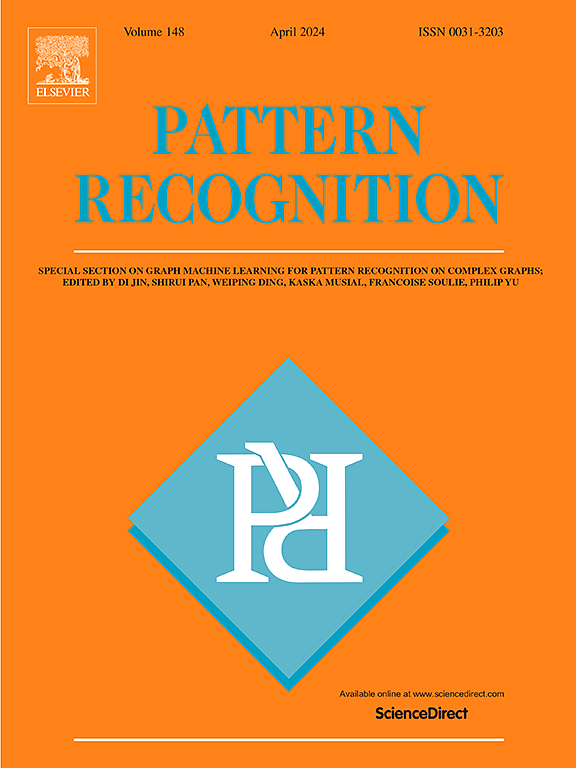尾部diff:扩散校准伪标签在引导潜空间为最低监督医学分割
IF 7.6
1区 计算机科学
Q1 COMPUTER SCIENCE, ARTIFICIAL INTELLIGENCE
引用次数: 0
摘要
医学图像的准确分割对于临床诊断和治疗计划至关重要。然而,基于深度学习的分割模型是数据密集型的,需要大量的、有良好注释的数据集,这在医学领域往往是一个具有挑战性和昂贵的要求。为了减少对人工标记的依赖,我们提出了基于范例的最低限度监督,仅利用单个标记样本,同时充分利用剩余的未标记数据。在这种情况下,需要解决两个挑战。首先,缺乏足够的先验信息:仅仅依赖单个范例限制了模型捕捉复杂语义的能力。其次,伪标签的不可靠性:这些标签中的噪声和不准确会引入偏差,阻碍分割性能。为了克服这些挑战,我们提出了一种新的扩散校准伪标记范式。在此基础上,本文引入了一种基于确定性扩散模型的伪标签校正方法Caudo-Diff,以补充先验信息,提高伪标签的可靠性。分割网络提取的初始伪标签和特征引导模型关注有意义的语义区域。然后对伪标签进行细化,以减少噪声和错误,提高分割精度。实验结果表明,Caudo-Diff在最小监督下提高了分割性能,为医学图像分割中标注稀缺性的挑战提供了一种实用的解决方案。本文章由计算机程序翻译,如有差异,请以英文原文为准。
Caudo-Diff: Diffusion calibrated pseudo labels in guided latent space for minimally supervised medical segmentation
Accurate segmentation of medical images is essential for clinical diagnosis and treatment planning. However, deep learning-based segmentation models are data-intensive, requiring large, well-annotated datasets which is an often challenging and costly requirement in medical fields. To reduce the reliance on manual labeling, we propose the minimally supervision based on an exemplar, leveraging only a single labeled sample while making full use of the remaining unlabeled data. In this case, two challenges need to be addressed. First, a lack of sufficient prior information: relying solely on a single exemplar limits the model’s ability to capture complex semantics. Second, the unreliability of pseudo labels: noise and inaccuracies in these labels introduce bias, hindering segmentation performance. To overcome these challenges, we propose a new pseudo-labeling paradigm by diffusion calibration. Follow this paradigm, we introduce Caudo-Diff, a novel method for calibrating pseudo labels using a deterministic diffusion model in a guided latent space, aiming to supplement prior information and improve pseudo-labeling reliability. Initial pseudo labels and features extracted by the segmentation network guide the model to focus on meaningful semantic regions. The pseudo labels are then refined to reduce noise and errors, enhancing segmentation accuracy. Experimental results show that Caudo-Diff improves segmentation performance with minimal supervision, offering a practical solution to the challenge of annotation scarcity in medical image segmentation.
求助全文
通过发布文献求助,成功后即可免费获取论文全文。
去求助
来源期刊

Pattern Recognition
工程技术-工程:电子与电气
CiteScore
14.40
自引率
16.20%
发文量
683
审稿时长
5.6 months
期刊介绍:
The field of Pattern Recognition is both mature and rapidly evolving, playing a crucial role in various related fields such as computer vision, image processing, text analysis, and neural networks. It closely intersects with machine learning and is being applied in emerging areas like biometrics, bioinformatics, multimedia data analysis, and data science. The journal Pattern Recognition, established half a century ago during the early days of computer science, has since grown significantly in scope and influence.
 求助内容:
求助内容: 应助结果提醒方式:
应助结果提醒方式:


